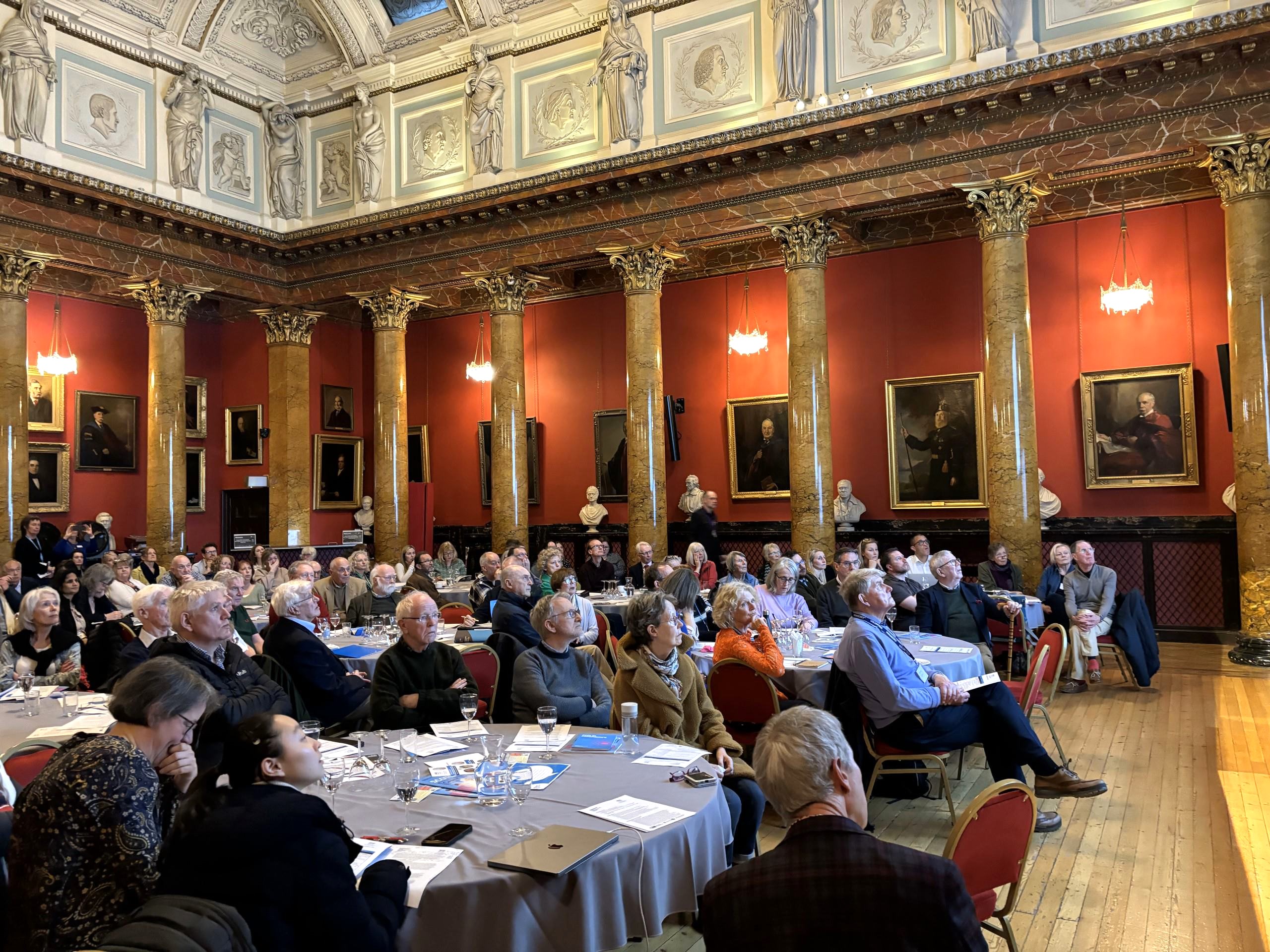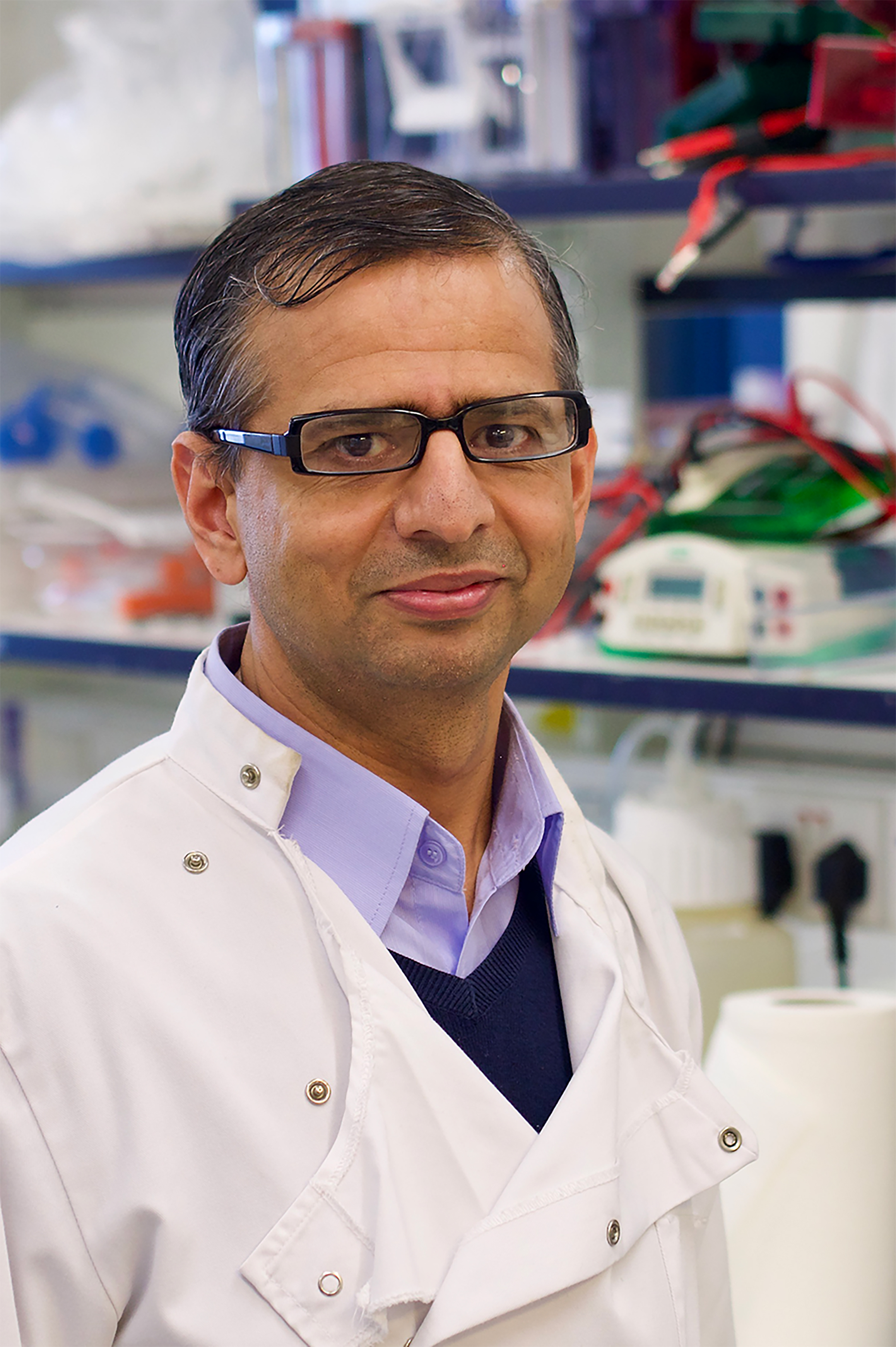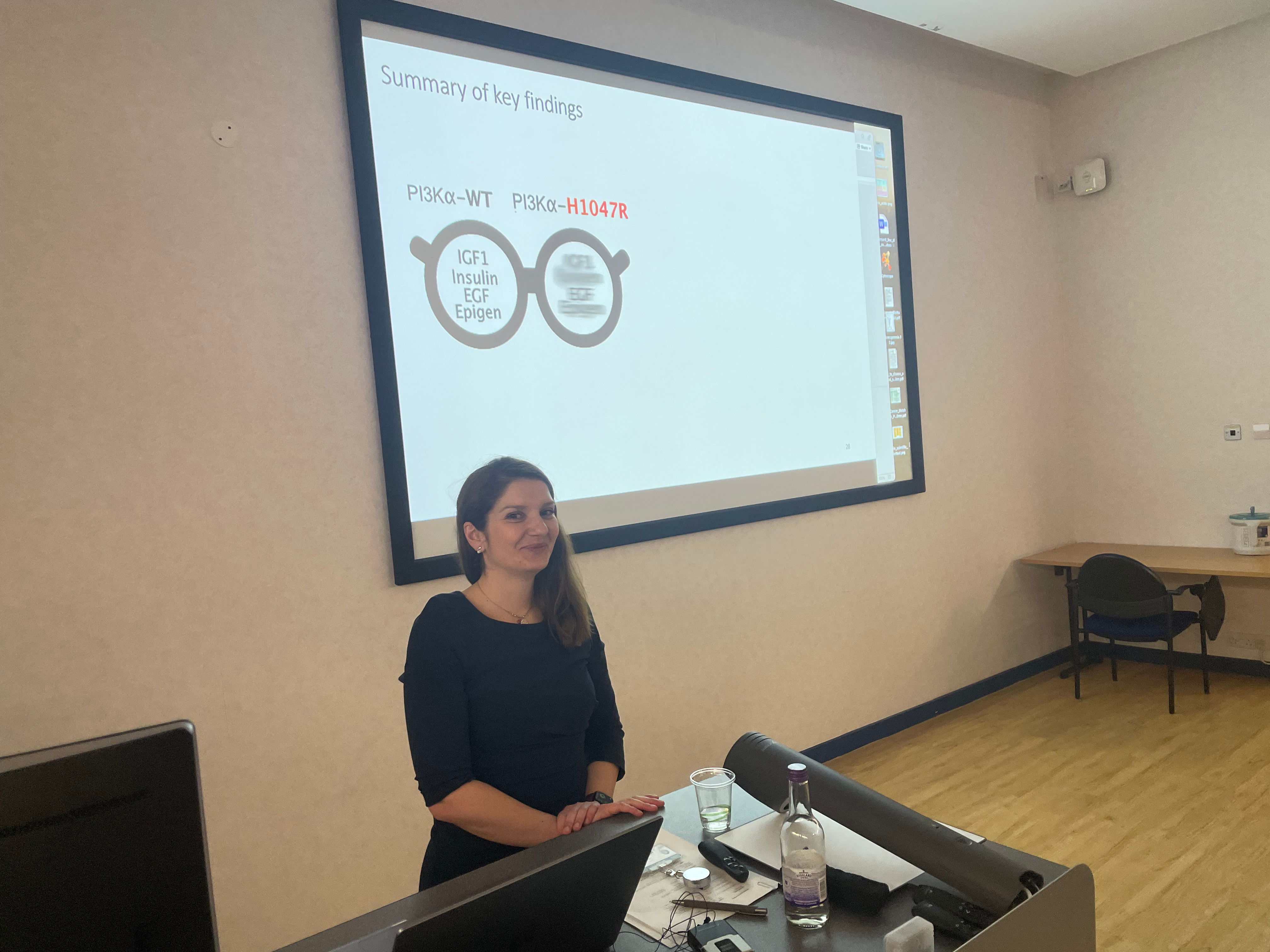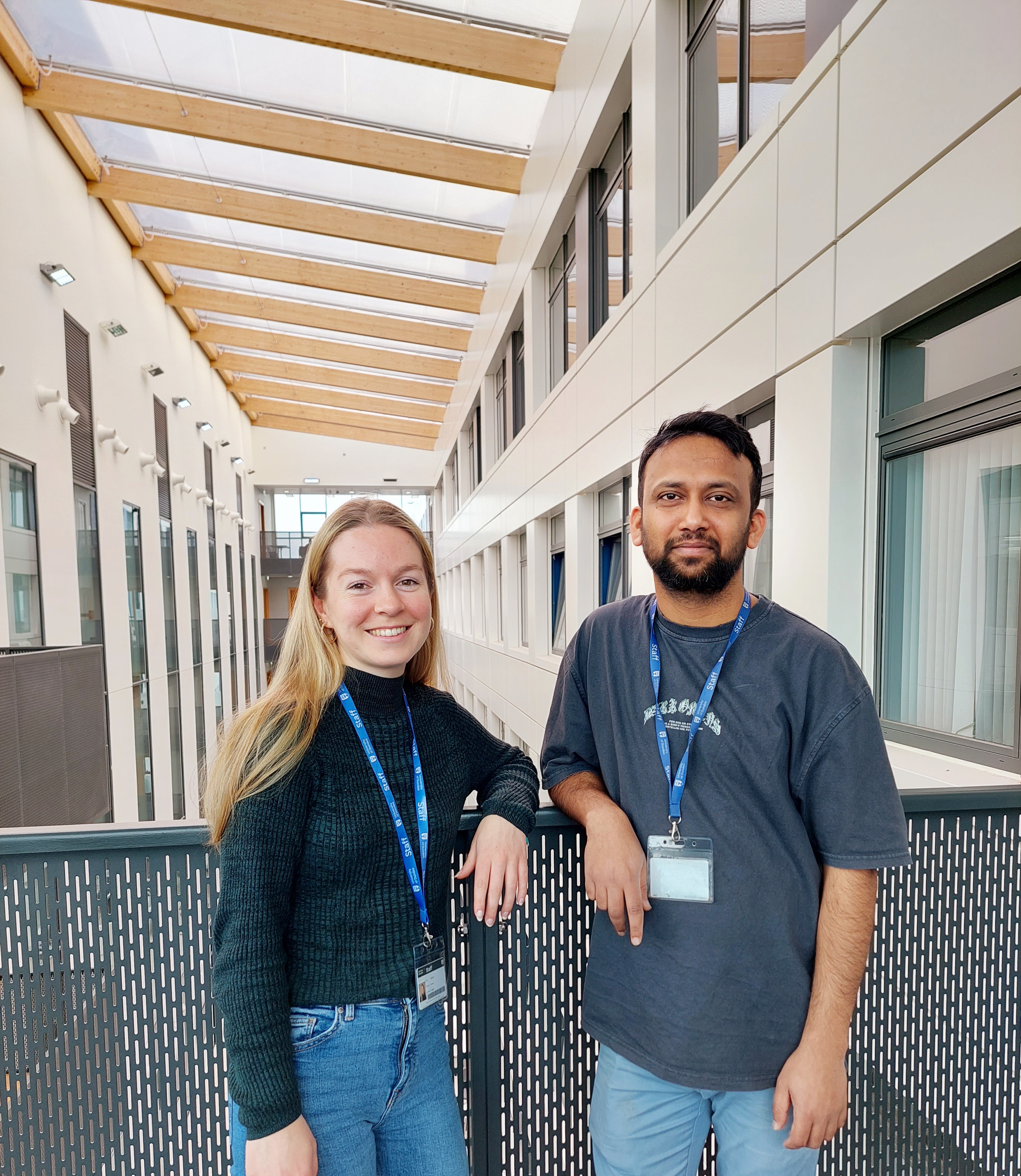The Parkinson’s community, including our MRC PPU researchers and people with lived experience of Parkinson’s, gathered at the Royal College of Physicians in Edinburgh to recognise World Parkinson’s Day in April.
…moreNews

Coeliac UK have awarded £250,000 to Dr Mahima Swamy for a 3-year research project that they believe will take us further along the ‘Journey to a Cure’ for coeliac disease.
…moreGopal Sapkota awarded prestigious Biochemical Society 2025 Industry and Academic Collaboration Award
We are delighted to announce that Gopal Sapkota has received the prestigious Biochemical Society 2025 Industry and Academic Collaboration Award.
…moreResearch conducted by De Cesare’s lab at the MRC Protein Phosphorylation and Ubiquitylation Unit, University of Dundee, Scotland, has uncovered a fascinating aspect of ubiquitin conjugating enzymes (E2s).
…moreWe are delighted to announce that Ralitsa Madsen has been promoted to a Principal Investigator position within the School of Life Science, following a Roundtable Interview on 19th March 2024.
…more
We are delighted to announce that Dr Raja Nirujogi, who has been working in the MRC since 2017 has been appointed as an Independent Investigator within the School of Life Sciences. Raja has a joint appointment between the Universities of Dundee and Edinburgh and will spend significant time working in both Edinburgh as well as in Dundee.
…more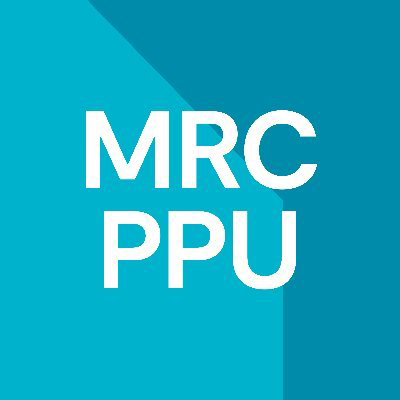
Protein phosphatase 2A (PP2A) is a highly abundant and essential Ser/Thr phosphatase that regulates a plethora of cellular processes. PP2A primarily operates as a holoenzyme complex, comprising one each of the scaffolding (A), regulatory (B) and catalytic (C) subunits. PPP2CA is the principal catalytic subunit of the PP2A holoenzyme complex.
…more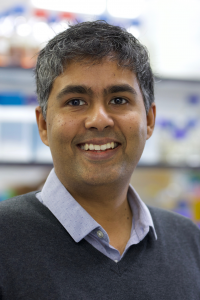
In a groundbreaking study, researchers from the MRC PPU, University of Dundee working in collaboration with researchers at University of Leeds have unveiled a critical new understanding of how cells control membrane protein synthesis.
…more

